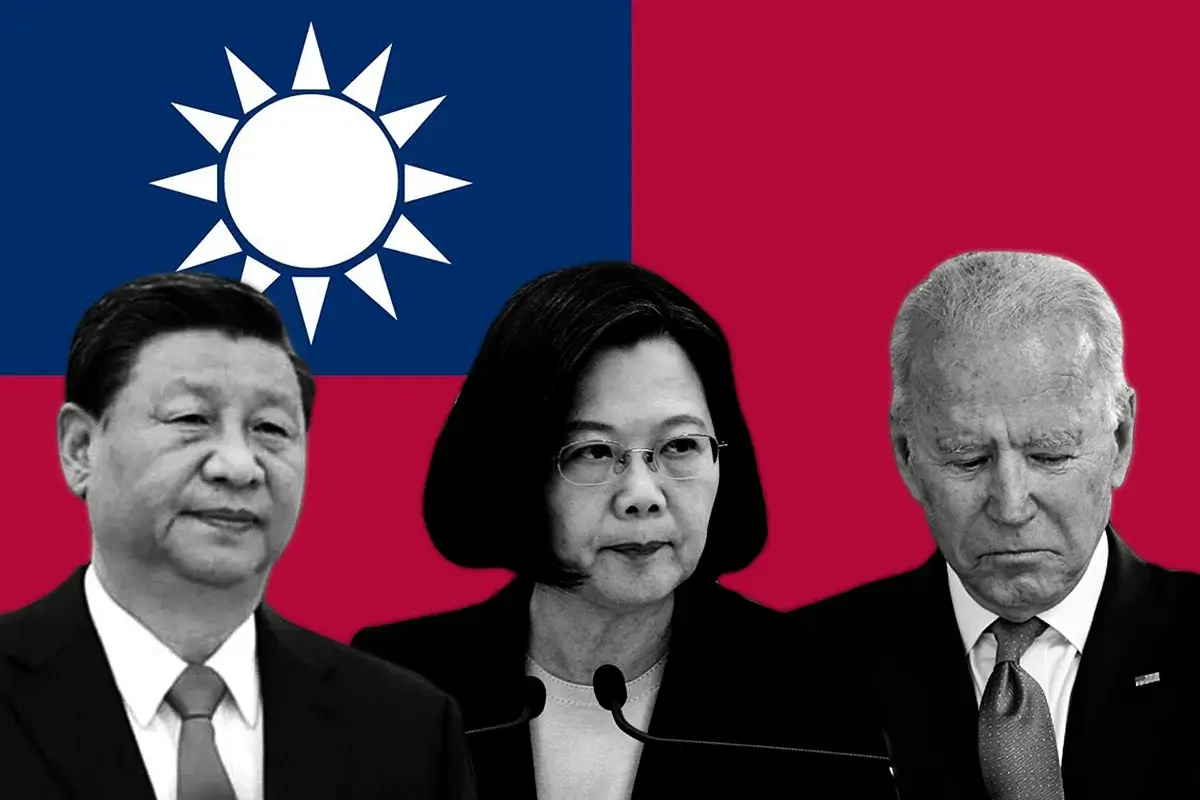Follow the trend

The question of whether Taiwan is part of China is a complex one with no easy answer. The People's Republic of China (PRC) claims Taiwan as its 23rd province, but the Republic of China (ROC), which governs Taiwan, maintains that it is an independent country.
The PRC and ROC have been governed separately since 1949, when the Chinese Civil War ended with the Communist Party of China (CPC) taking control of mainland China and the ROC government fleeing to Taiwan. The CPC has never renounced the use of force to bring Taiwan under its control, and it regularly sends military aircraft and ships into Taiwan's air defense identification zone.
The ROC, on the other hand, has never declared independence, and it has maintained a policy of "pragmatic diplomacy" in which it has engaged in economic and cultural relations with countries around the world without explicitly stating whether it is a sovereign state.
The United States has a long-standing policy of "strategic ambiguity" on the issue of Taiwan. This means that the US has not explicitly stated whether it would defend Taiwan in the event of a Chinese attack, but it has also made clear that it would not support a unilateral declaration of independence by Taiwan.
The issue of Taiwan is a sensitive one for both the PRC and the ROC. The PRC sees Taiwan as a breakaway province that must be brought under its control, while the ROC sees itself as an independent country that has the right to self-determination. The United States, for its part, wants to maintain peace and stability in the Taiwan Strait, and it does not want to see either side make any moves that could lead to conflict.
The future of Taiwan is uncertain. The PRC continues to pressure the ROC to unify with the mainland, and it has stepped up its military activities around Taiwan. The ROC, on the other hand, has strengthened its military and has made clear that it will not bow to pressure from the PRC. The United States remains committed to its policy of "strategic ambiguity," but it has also made clear that it would not support a unilateral declaration of independence by Taiwan.
The issue of Taiwan is a complex one with no easy answer. It is a question that is likely to be debated for many years to come.
Your email address and mobile will not be published.




